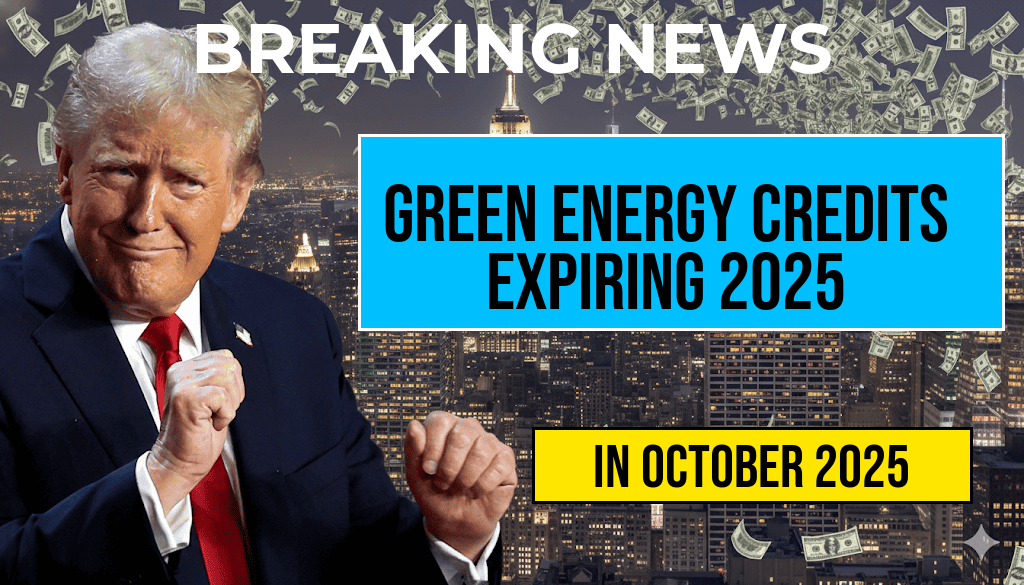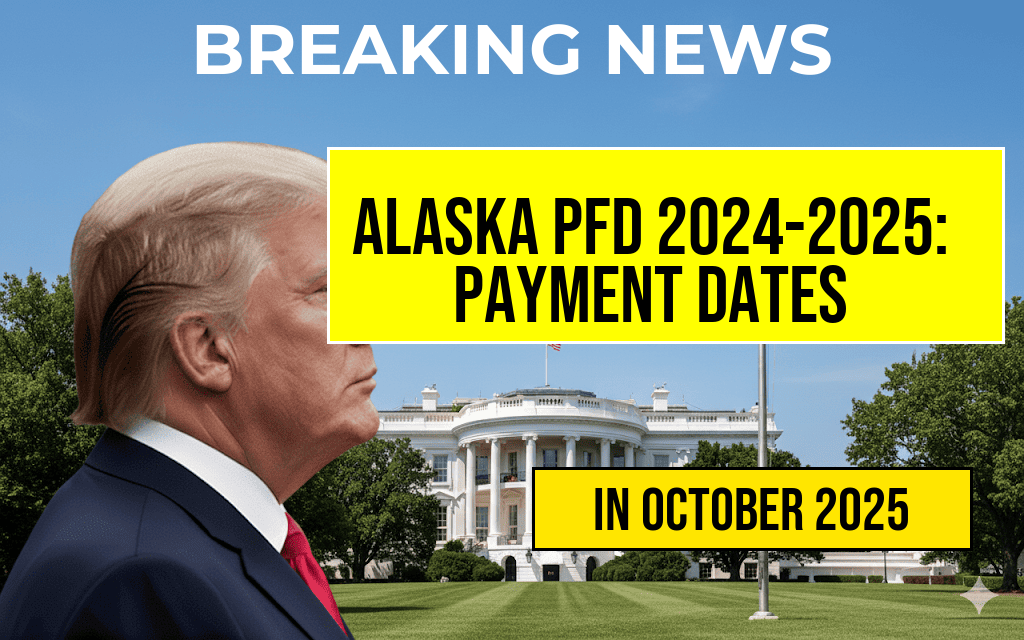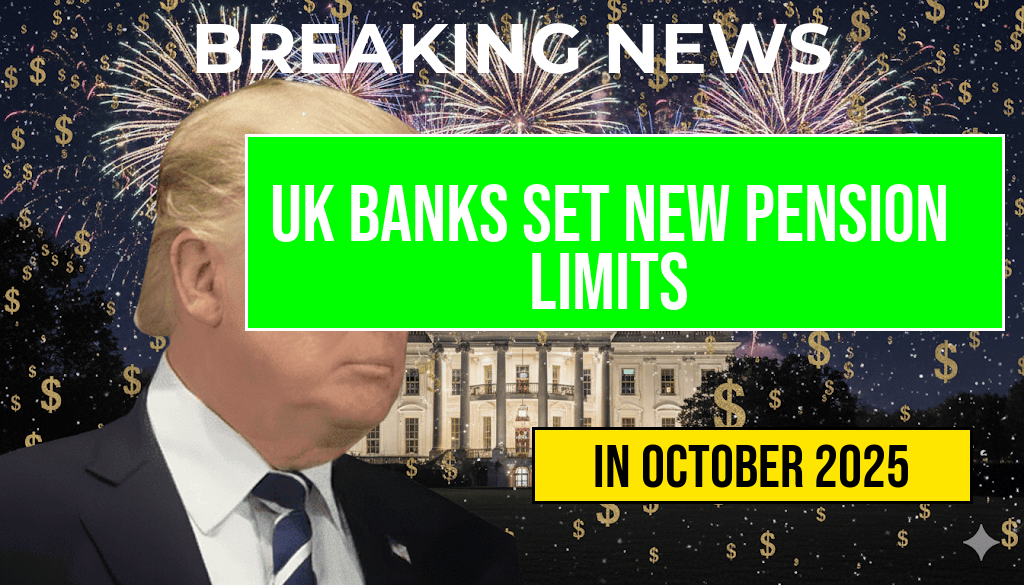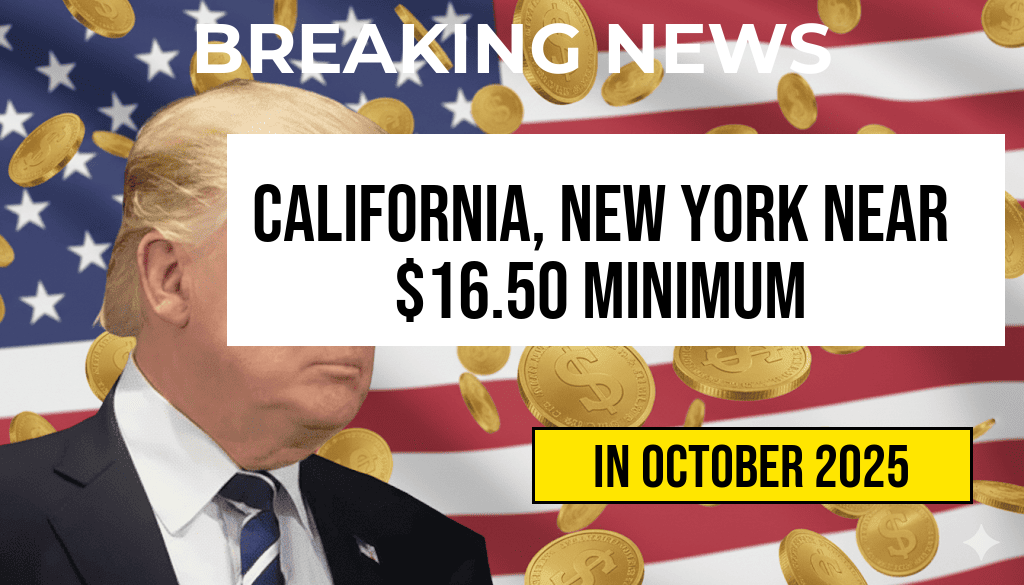Homeowners considering investments in green energy systems should pay close attention to upcoming changes in federal tax incentives, as many existing green energy credits are set to expire in 2025. These incentives, which have historically made renewable energy installations more accessible and affordable, are expected to be phased out or altered under current legislative proposals. This shift could significantly impact the financial viability of solar panels, wind turbines, and other renewable technologies for property owners across the United States. With the expiration date approaching, homeowners are advised to evaluate their options now—whether to accelerate installations, explore alternative incentives, or plan for potential changes in tax benefits.
Understanding Current Green Energy Tax Incentives
Federal tax incentives for renewable energy began as part of broader efforts to reduce carbon emissions and promote sustainable energy solutions. The most prominent among these is the Investment Tax Credit (ITC), which has historically offered a significant tax credit—up to 26%—for installing solar energy systems. Similar credits exist for wind, geothermal, and fuel cell technologies. These incentives have helped drive the rapid growth of residential renewable energy adoption over the past decade.
As of 2023, the ITC is scheduled to decrease incrementally, with the credit dropping from 26% to 22% in 2023 and then set to expire entirely for residential systems after 2024 unless Congress enacts new legislation. Additionally, some states offer supplementary rebates or tax credits, further reducing upfront costs. The U.S. Department of Energy maintains a comprehensive guide on these incentives, which homeowners can consult for current details (DOE Solar Tax Credits Guide).
Legislative Developments and Expiration Timeline
Upcoming Changes and Proposed Legislation
Legislative efforts are underway to extend or modify existing green energy credits, but no concrete agreements have been finalized as of October 2023. The Build Back Better Act, which aimed to expand renewable incentives, faced political hurdles and was not enacted in its original form. Some lawmakers advocate for a permanent extension of the ITC, emphasizing the role of renewable energy in achieving climate goals and economic growth.
Without new legislation, the current federal incentives for residential solar and other renewable systems are expected to lapse after December 31, 2024. This impending expiration has prompted many homeowners to expedite installation projects within the next year to lock in current benefits.
Implications for Homeowners
Once these credits expire, the financial advantage of installing renewable systems may diminish, potentially increasing payback periods and reducing overall affordability. While some states and local programs may continue to offer rebates or tax benefits, these vary widely in scope and availability. Homeowners should consider how the expiration could influence their decision-making process and explore alternative financial strategies, including lease or power purchase agreements.
Planning for the Future: What Homeowners Need to Know
Assessing the Timing of Installation
- Accelerate Projects: Installing solar panels or renewable systems before the end of 2024 allows homeowners to benefit from current federal credits.
- Consult Professionals: Engage with licensed contractors and financial advisors to evaluate the best timing and financing options.
- Monitor Legislative Developments: Stay informed about potential extensions or new incentives through reputable sources like the U.S. Department of Energy.
Exploring Alternative Incentives and Support
Although federal credits are set to expire, several states maintain their own incentive programs. These may include:
| State | Incentive Type | Description |
|---|---|---|
| California | Rebates & Tax Credits | Various programs through the California Solar Initiative and others. |
| New York | Performance-Based Incentives | Rebates for solar and energy storage systems. |
| Texas | Property Tax Exemptions | Partial exemptions for renewable energy installations. |
Financial Strategies and Considerations
- Leases and Power Purchase Agreements (PPAs): These arrangements can reduce upfront costs and transfer maintenance responsibilities, though they may limit eligibility for certain tax credits.
- Tax Planning: Homeowners should consult tax professionals to maximize available deductions and credits, especially if installing before the 2024 deadline.
- Long-term Cost Savings: While incentives are vital, evaluating overall savings from reduced energy bills remains essential.
Expert Perspective and Resources
Energy policy experts highlight the importance of proactive planning. Dr. Lisa Miller, an energy economist at the University of Michigan, notes that “timing is critical for homeowners seeking to maximize financial benefits from renewable energy investments. The expiration of federal incentives in 2025 underscores the need for timely decision-making.”
Homeowners can access authoritative resources such as the Wikipedia page on renewable energy in the U.S. and the Forbes article on energy incentives for further guidance.
With the expiration approaching, homeowners who wish to capitalize on current incentives should plan accordingly, balancing installation costs, available state programs, and their long-term energy goals. Staying informed and consulting with qualified professionals can help optimize financial returns and contribute to broader sustainability efforts.
Frequently Asked Questions
What are Green Energy Credits and how do they benefit homeowners?
Green Energy Credits are tax incentives provided to homeowners who install renewable energy systems, such as solar panels or wind turbines. They can significantly reduce the overall cost of renewable energy investments by offering tax credits that lower your tax liability.
Why are Green Energy Credits expiring in 2025?
The current Green Energy Credits are scheduled to expire in 2025 due to legislative policies that aim to phase out certain subsidies over time. This creates an urgent incentive for homeowners to take advantage of these credits before they expire.
How can homeowners maximize tax benefits before the credits expire?
Homeowners should consider installing eligible renewable energy systems before the 2025 deadline to maximize their tax benefits. Consulting a tax professional can help ensure proper documentation and maximize the credits available for your specific situation.
Are there any upcoming changes to Green Energy Credits after 2025?
While current credits are expiring in 2025, legislative proposals may introduce new or extended incentives. Homeowners should stay informed about policy updates that could impact future tax benefits related to renewable energy investments.
What should homeowners do now to prepare for the expiration of Green Energy Credits?
Homeowners are advised to evaluate their renewable energy plans and consider installing qualifying systems before 2025. Working with qualified installers and tax professionals can help ensure eligibility for current tax credits and optimize financial benefits.






